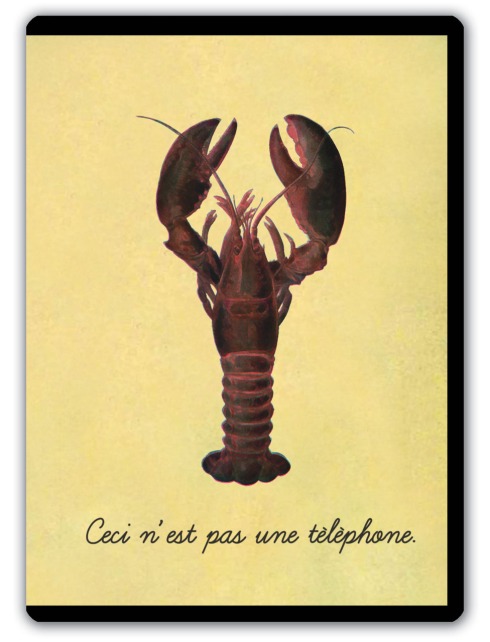It neither shocked nor surprised me to yesterday hear a recording of US presidential candidate Donald Trump, made some ten years ago, boasting that his wealth and fame entitle him to grab women by the genitals, and kiss them without consent, because he finds female beauty irresistible:
I’ve gotta use some Tic Tacs, just in case I start kissing her. You know I’m automatically attracted to beautiful—I just start kissing them. It’s like a magnet. Just kiss. I don’t even wait. And when you’re a star they let you do it. You can do anything.
Men using their power to gain sexual access to women is nothing new. Bill Clinton has been accused of rape, sexual harassment, exposing himself to a woman who didn’t want to see the presidential penis, and of numerous affairs, the most famous of which involved White House intern Monica Lewinsky, and the most lengthy of which was, it’s said, conducted over some twenty-two years.
These matters are relevant a) because Trump repeatedly points to Clinton as being just as bad: Well, look over there, I’m not the only one who does it and b) because Trump has threatened several times to raise Clinton’s sexual history during debates with Democrat opponent Hillary Clinton, on the somewhat bizarre grounds that any woman married to an unfaithful man isn’t fit to be president of the United States.
HRC, goes Trump’s argument, has enabled her husband to sexually exploit women, therefore is as responsible for harm as is Clinton. This harmful enabling disqualifies HRC from challenging Trump on his attitudes to women because hers aren’t much better, particularly, Trump argues, as Secretary Clinton has allegedly pursued and intimidated some of the women with whom her husband enjoyed intimacy in an effort to ensure their silence.
There is some substance to the theory that tolerating deceptive behaviour is enabling that deceptive behaviour: the unfaithful spouse learns faithfulness is not a requirement for the relationship to continue, and there will be no catastrophic repercussions. I can only guess at HRC’s motives for choosing to remain in a marriage with Clinton, but I’m pretty certain that had they divorced she wouldn’t be running for President today, and she likely wouldn’t have been Secretary of State in the Obama administration either.
HRC is a pragmatist. Anyone running for presidential or other high office, male or female, must have that goal as their primary ambition and be willing to tailor his or her life to the demands of the race. Divorce and the failure it signifies in a country where religious beliefs about marriage and family hold great political sway, together with financial settlements that may reveal far too much about one’s circumstances are situations to be avoided, particularly if you are a politically ambitious woman.
It may well be that HRC long ago came to an understanding with herself that the anguish of betrayal was the price she’d have to pay for achieving her goals. She isn’t the first woman to come to this conclusion, and she won’t be the last.
There are women who find sharing life with a treacherous partner is more than they can bear and that they deserve better, as they do. The cycle of betrayal is a cycle of abuse. Married life with a man such as Clinton would be intolerable for me, but I’m not interested in political office and my priorities are living a life free from abuse and humiliation with a partner I can trust. HRC doesn’t appear to have been in a position (within the confines of the system she inhabits) to both achieve her political ambitions and live free from emotional and mental spousal abuse. She’s had to make choices.
HRC’s pragmatism does not in any way indicate an unsuitability for high office, quite the opposite I would have thought.
Trump’s attitude to women is vile, and it’s on the higher end of a vile continuum. He’s been caught on tape voicing his sordid desires and intentions: we know we’re dealing with a poster boy for sexism and exploitation. But think on this. Mike Pence, Trump’s running mate, believes abortion to be “monstrous” and vows to do everything possible to prevent women accessing the procedure, including attempting to overturn Roe v Wade. Should Trump win, Pence is next in line for the presidency in the event of some kind of Trump collapse.
Everywhere we turn, we find a man attempting to control women’s bodies, either through sexual exploitation and abuse, and/or control of our reproductive processes. Trump, Clinton, Pence are high-profile performers of a dominant culture that is still, despite its sophistication and its claims to western superiority, profoundly contemptuous of women, and committed to denying our autonomy and our humanity.
I’m no fan of Hillary Rodham Clinton. There are, in my opinion, many concerns about her becoming the next president of the US. However, Bill Clinton’s sexual predation and the manner in which she’s chosen to deal with it are not among them. But hey, she’s a woman. On that fact alone she’s blameworthy, and Trump knows it.

















































Recent Comments